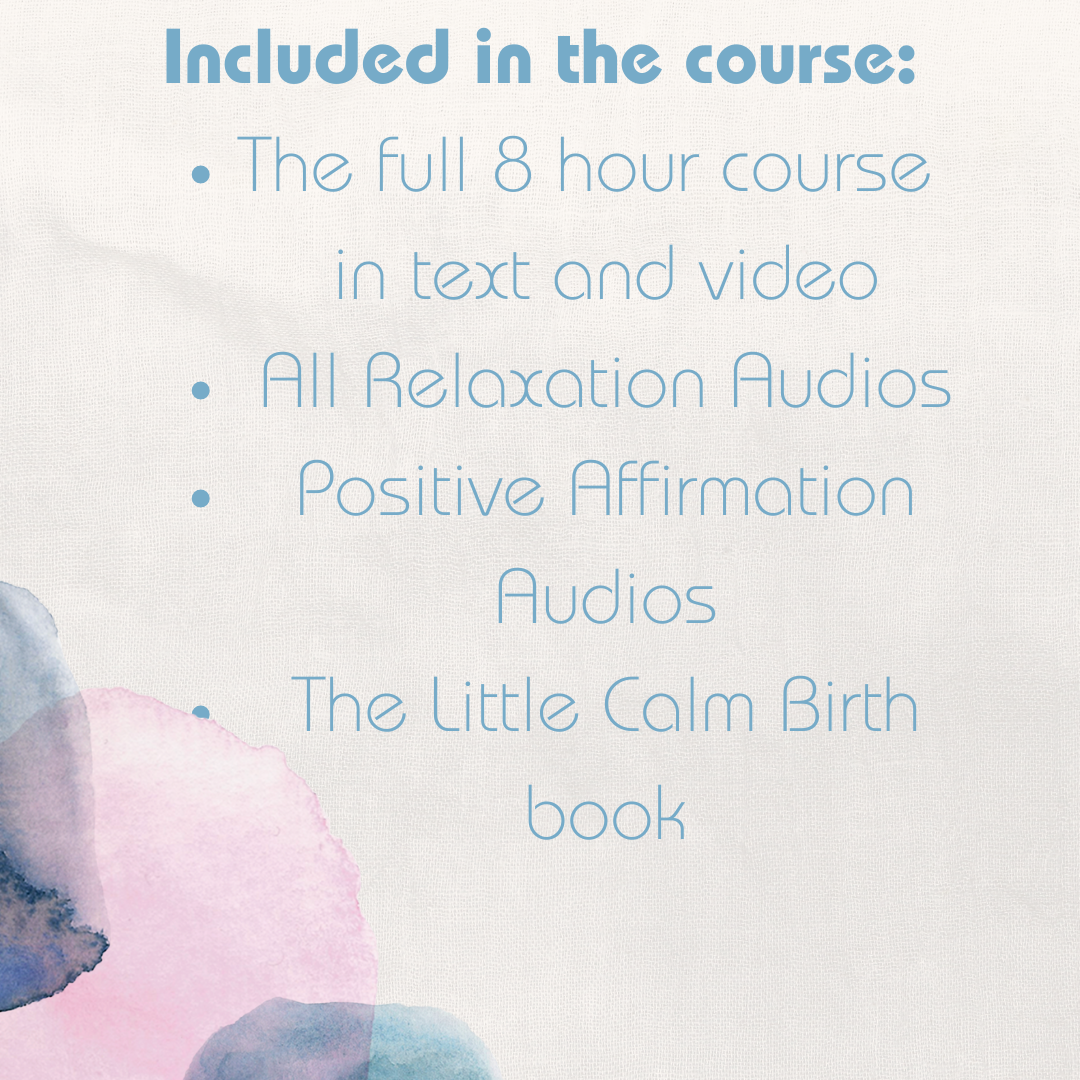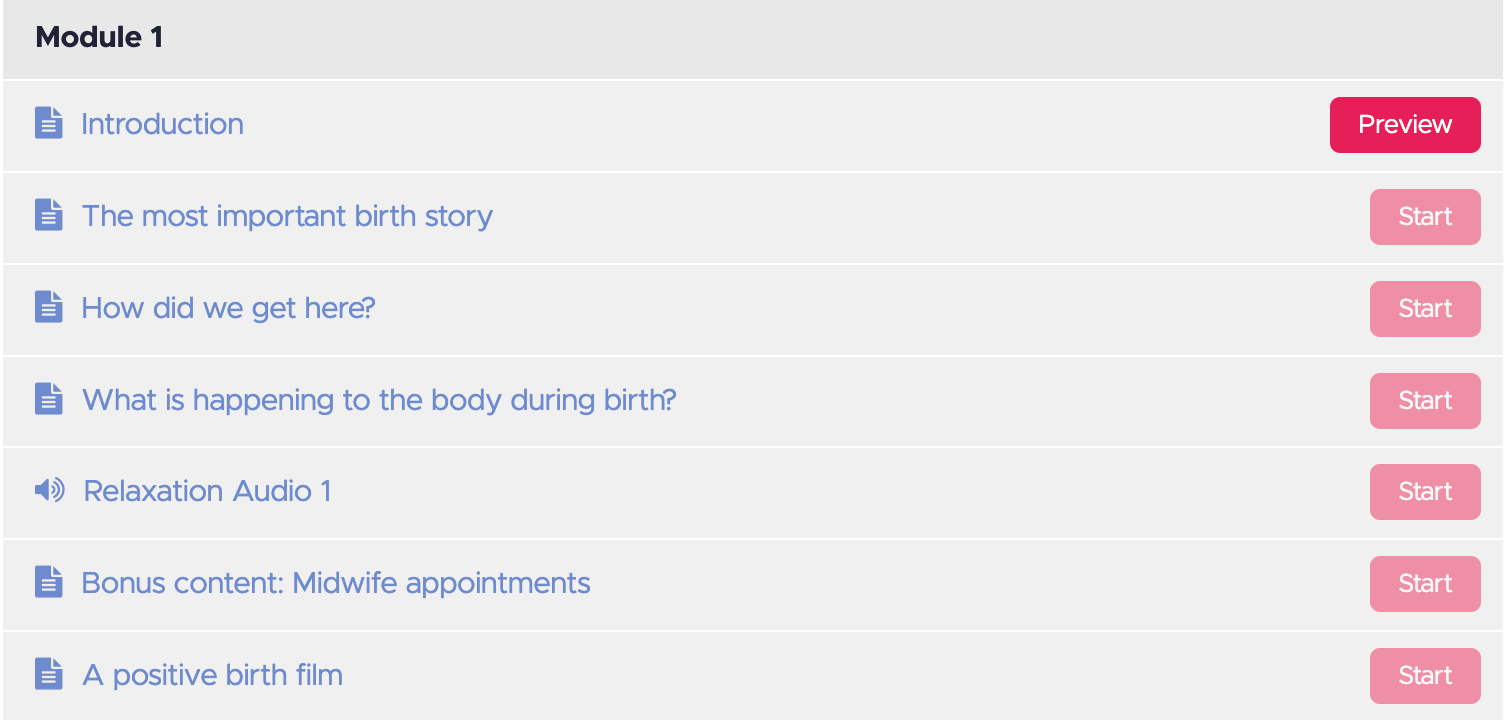Pregnancy and Sickness: Understanding the Challenges and Coping Strategies
Pregnancy is often described as a time of great joy and anticipation, but for many women, it can also be a time of physical discomfort. Morning sickness, which is typically associated with early pregnancy, affects many expectant mothers, and while it's usually temporary, it can be tough to handle. If you're going through this, you're not alone. Let’s explore pregnancy-related sickness, why it happens, and ways to cope with it, including how hypnobirthing techniques, like those offered by Calm Births, can support your journey.
What is Morning Sickness?
Despite the name, morning sickness doesn’t just happen in the morning—it can occur at any time of day and even last all day for some women. Morning sickness refers to nausea and vomiting that typically occurs in the first trimester of pregnancy. It is believed to be linked to hormonal changes that occur during pregnancy, particularly the increase in human chorionic gonadotropin (hCG) and oestrogen levels.
While the exact cause isn't fully understood, several factors contribute to morning sickness, such as:
Hormonal fluctuations: As pregnancy hormones surge, they can upset the stomach, leading to nausea.
Increased sensitivity to smells: Pregnant women often experience heightened senses of smell, which can trigger nausea when exposed to certain odors.
Changes in metabolism: The body is working harder to support a growing foetus, and this can affect digestion and cause stomach discomfort.
How Long Does Morning Sickness Last?
For most women, morning sickness peaks around the 9th week of pregnancy and gradually subsides by the 12th to 14th week. However, some women may experience it for a shorter period, while others may find it lasts longer, extending into the second trimester. A small number of women may even experience severe nausea and vomiting throughout their entire pregnancy, a condition known as hyperemesis gravidarum, which may require medical intervention.
Beyond Morning Sickness: Other Types of Pregnancy Sickness
While morning sickness is the most common form of pregnancy-related nausea and vomiting, other issues may arise during pregnancy that can also make women feel unwell:
Heartburn and indigestion: As the uterus expands, it presses against the stomach, which can cause acid reflux and discomfort.
Fatigue: Early pregnancy can leave you feeling exhausted, as your body adjusts to the changes required to support a growing baby.
Headaches: Hormonal changes, dehydration, and stress can contribute to headaches during pregnancy.
Dizziness: As blood volume increases, blood pressure can fluctuate, causing feelings of lightheadedness or dizziness.
Coping Strategies for Pregnancy Sickness
While pregnancy sickness can feel overwhelming, there are several ways to ease the discomfort and make it more manageable.
1. Eat Small, Frequent Meals
Instead of having three large meals, try eating small meals throughout the day. This can help keep blood sugar levels stable and prevent nausea. Focus on bland, easy-to-digest foods such as crackers, toast, or rice. Avoiding overly spicy or greasy foods can also help keep nausea at bay.
2. Stay Hydrated
Dehydration can worsen nausea and vomiting, so it’s important to drink plenty of water. Sipping on fluids throughout the day can be easier on your stomach than drinking large amounts at once. You might also try ginger tea or electrolyte drinks to stay hydrated and reduce nausea.
3. Get Fresh Air
Sometimes, a little fresh air is all it takes to alleviate nausea. A short walk outside or simply sitting by an open window can help. Some women find that a gentle breeze or being in nature can provide comfort during bouts of sickness.
4. Rest and Relax
Fatigue is a common side effect of pregnancy, and exhaustion can exacerbate nausea. Make sure to take naps and prioritize rest. Stress can also make symptoms worse, so try relaxation techniques like deep breathing or meditation to calm your mind and body.
One way to address stress is through hypnobirthing. This practice focuses on using relaxation and visualization techniques to promote calm and reduce anxiety during pregnancy and childbirth. Calm Births Hypnobirthing offers courses designed to guide you through pregnancy, helping you manage both physical discomfort and emotional stress. By learning to stay calm and centered, you can reduce the impact of pregnancy sickness on your overall experience.
5. Avoid Triggers
Certain smells, foods, or environments may trigger nausea. If you know there are specific things that set off your symptoms, try to avoid them as much as possible. This may involve asking others to avoid strong perfumes or cooking smells around you or adjusting your environment to make it more comfortable.
6. Consider Ginger and Vitamin B6
Some studies suggest that ginger may help alleviate nausea, so incorporating ginger tea, ginger chews, or ginger ale into your routine might provide some relief. Vitamin B6 supplements are another option that some pregnant women find helpful for managing morning sickness. Always check with your midwife before taking any supplements.
7. Seek Medical Help If Necessary
In some cases, morning sickness can become severe or even progress into hyperemesis gravidarum, a condition characterized by excessive vomiting and dehydration. If you find that you're unable to keep food or liquids down or are losing weight, it’s essential to contact your healthcare provider immediately. They may recommend prescription medication or other treatments to help manage your symptoms.
When to Call Your Doctor
While morning sickness is common and usually not a cause for concern, there are times when you should reach out to your doctor or midwife:
Severe dehydration: If you’re unable to drink fluids or keep food down, or if you notice signs of dehydration (dry mouth, dark urine, dizziness), seek medical attention right away.
Hyperemesis gravidarum: If vomiting is persistent, severe, and accompanied by weight loss, this may require medical intervention.
Other unusual symptoms: If you experience fever, abdominal pain, or spotting in addition to your nausea and vomiting, consult your healthcare provider for a thorough evaluation.
Final Thoughts
Pregnancy-related sickness can be a challenging part of the pregnancy journey, but remember, it’s usually temporary. With the right self-care practices, support from your healthcare team, and a little patience, you’ll get through it. If you're struggling, consider incorporating relaxation and visualization techniques from Calm Births Hypnobirthing to help manage stress and discomfort. These tools can not only assist with sickness but also prepare you for the birth process ahead.
The most important thing is to listen to your body, take it easy when you need to, and remind yourself that this phase will pass—usually by the time you reach the second trimester. Until then, take it one day at a time and remember that it's all a part of bringing new life into the world.












